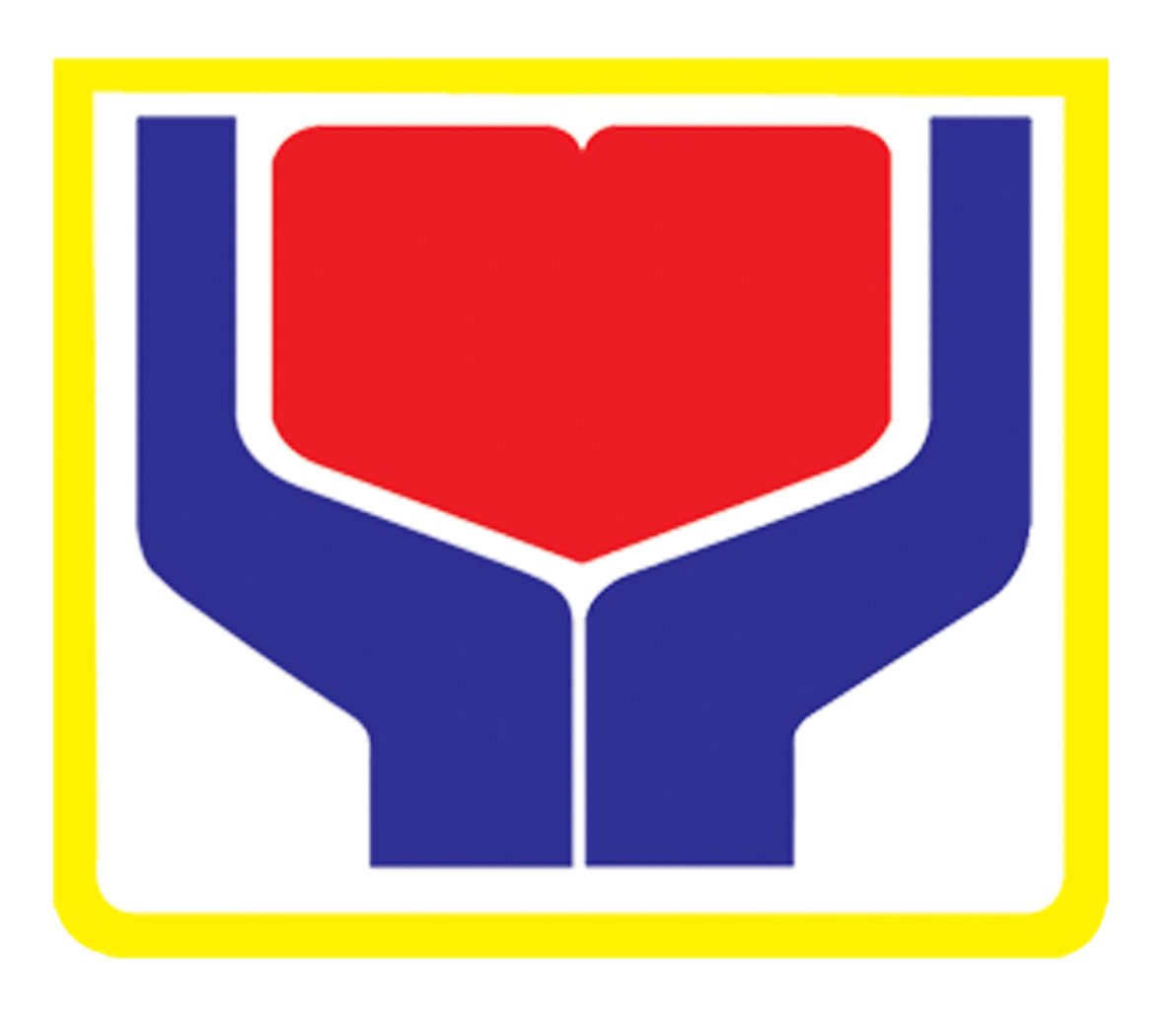Community volunteers in Perez, Quezon attentively listen to Tess Bugarin, Monitoring and Evaluation Specialist of the DSWD for the Kalahi-CIDSS program for the CALABARZON Region as she discusses the types of grievances that may be file during a training recently held in the locality. Ms Bugarin also highlighted the importance of speaking out once they observed any problems with the program implementation to secure transparency and safeguard their funds.***
***************************************************************************************
900 volunteers trained on Kalahi-CIDSS Grievance Redress System
The Department of Social Welfare and Development (DSWD) recently conducted a series of capabililty building activities to at least 900 community volunteers in Quezon Province on the Kapit Bisig Laban sa Kahirapan-Comprehensive and Integrated Delivery of Social Services (Kalahi-CIDSS) Grievance Redress System (GRS).
The said capability building activity, which was conducted in 12 Kalahi-CIDSS-municipalities in the Province last April 2015, aims to empower the volunteers not only in the monitoring of the various community projects being implemented under the program, but also orients them on the mechanism whereby suggestions, complaints, and problems can be raised.
According to Joedel Lomio, the Grievance Officer of the Program for the CALABARZON Region, the training conducted includes workshops on handling and addressing sample grievances cases in order to enhance the fact-finding skills of the volunteers and their management skills of confidential information.
Among the grievances cases sampled are reports on non-performing staff, offenses on Kalahi-CIDSS procurement and finance guidelines and positive remarks which suggest improvement in the program operations.
“We hope that through this training, the communities will be more encouraged to monitoring of the subproject implementation, and speak out any observations or inquiries that they have. This way, they will be able to help us guard the process and secure transparency,” Lomio said.
The Kalahi-CIDSS is a DSWD poverty alleviation program which utilizes a community-driven development (CDD) approach. It engages and builds the capacities of community residents to participate in the planning, identification, prioritization and implementation of need-responsive projects in their respective community. The said program is being implemented in the 615 barangays across Quezon province in the CALABARZON region alone.***
